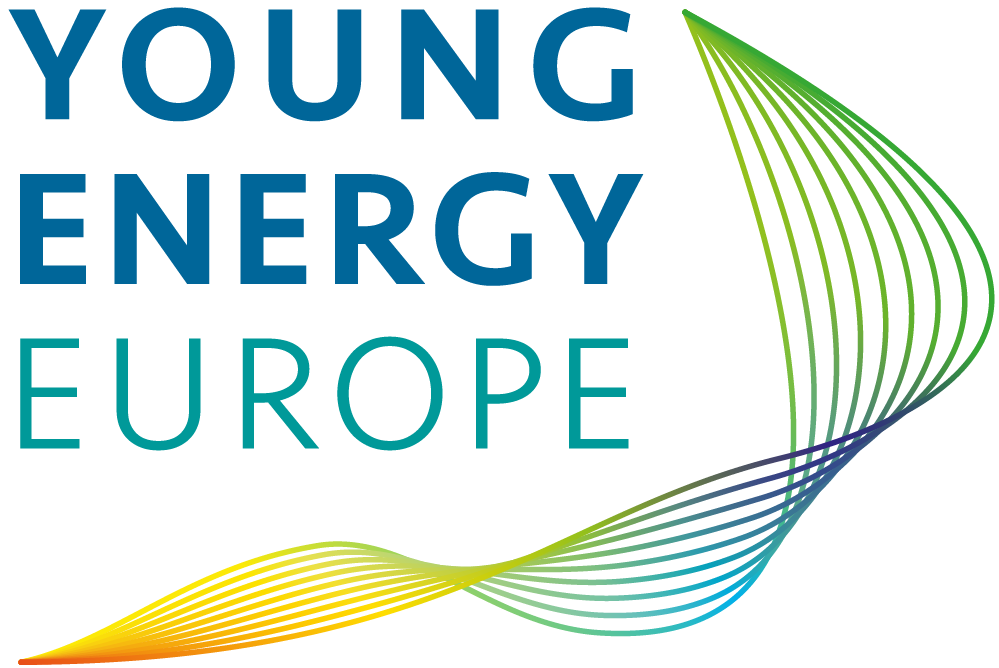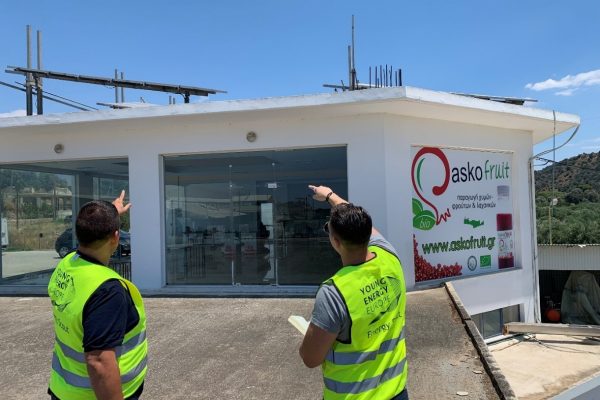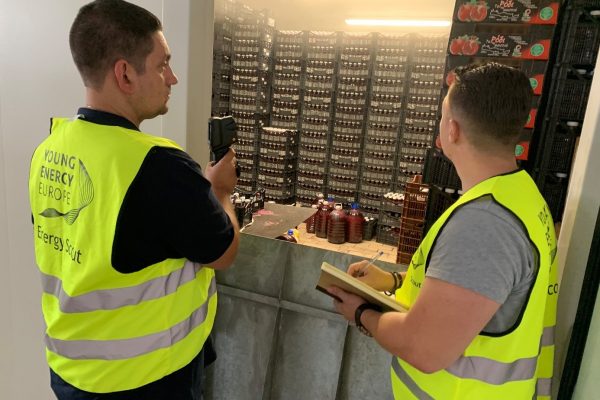Since its foundation in 2014, Askofruit has been processing pomegranates from its own organic cultivation into juice, jam and other products – directly and without additives. The first pomegranate trees were planted in 2009 and the number is increasing every year. This is where Energy Scout Konstantinos Spyridopoulos works. He carried out his practical project together with Vlassis Dalmaris, who trades in local foods from Crete, including Askofruit’s pomegranate products, which he supplies to supermarkets, wholesalers and hotels.
The processing of fresh food requires a lot of energy
The two young professionals first carried out an analysis of energy consumption at Askofruit. In order to prevent the products from perishing without the use of conservatives, energy-intensive cooling in the warehouse is required. The cold chain must also be guaranteed during transport and retail. Since refrigeration is energy-intensive and therefore expensive, the Scouts looked for efficiency potential in this sector.
PV unit and LED lights save 39 MWh electricity per year
The two Scouts take advantage of the many hours of sunshine on Crete by installing a photovoltaic unit with 10 kWh capacity on the roof of the company. During the day, the PV system now primarily supplies the cooling system and thus covers approx. 40% of the total power requirement. At night, the company uses low-cost night electricity tariffs. An optimised control system automatically regulates the electricity supply. This significantly reduces the use of cost-intensive daytime electricity. The Energy Scouts also replaced conventional outdoor lighting and installed LED lights.
Saving diesel by raising awareness among the staff
The two Scouts also reduced the diesel consumption of the sales vehicles. By training the drivers, consumption can be kept close to the reference values of the manufacturers. The cooling vehicles at the company headquarters are now primarily cooled with PV electricity in the early morning and late afternoon, as well as with inexpensive night-time electricity and not, as customary, with diesel. The Scouts calculated that this awareness measure will save around 424 litres of diesel per year.
In total, the measures save almost 39 MWh of electricity per year. This reduces Askofruit’s CO2 balance by more than 30 tons per year. The jury selected the practical project as the best energy efficiency project in Crete.
Awareness
Cooling
Energy Management
Photovoltaics
- Industry sector: Food and beverage industry
- Energy source: Electrical energy and diesel
- Energy saving potential: 39 MWh/a und 424 l diesel
- CO2 saving potential: 30,63 t/a
- Potential cost reduction: approx. 5.000 €/a
- Investment costs: approx. 35.000 €
- Payback period: 7 years
- Company:
Askofruit
Voroi Heraklion Crete
70200 Greece
www.askofruit.gr





